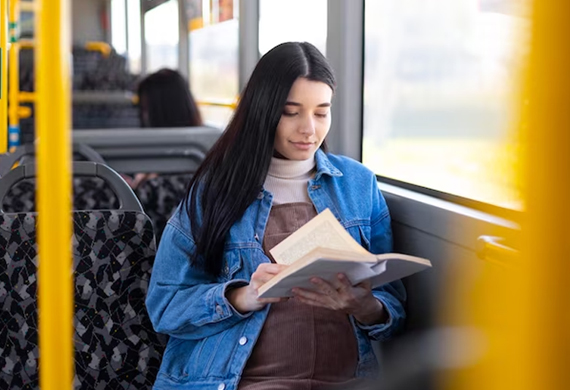
Maha Lakshmi Scheme Enables Women to Use TSRTC Buses In Hyderabad
By: WE Staff | Monday, 8 January 2024
The Maha Lakshmi scheme was launched by the Telangana government where over 31 per cent of women have used the Telangana State Road Transport Corporation (TSRTC) buses in Hyderabad, providing free travel for girls, women, and transgender persons. Nearly half of this increase is for medical purposes and other benefits.
After the scheme was introduced, the proportion of women who took buses for their daily commute increased from 52 per cent to 81 per cent. Half of the increase in bus travel was for medical reasons, according to a survey done on 3,530 women by the Helping Hand Foundation, a community-based healthcare NGO across various city health institutions.
According to Mujtaba Hassan Askari of HHF, "the foundation's volunteers surveyed 3,530 women over the course of the last two weeks across multiple government health facilities, mostly south of the city." The survey, according to him, was carried out at the following hospitals: Osmania General Hospital, Gandhi General Hospital, Govt. ENT Hospital, Modern Government Maternity Hospital, Nizam Institute of Medical Sciences, District Hospital, King Koti, Area Hospital, Malakpet, Community Health Center, Barkas CHC, Primary Health Center, Jangamet, and Primary Health Center, Balapur.
The survey reveals that in an increase of 31 per cent around 15 per cent of women use free bus services to access public health facilities, with outpatient footfall increasing between 10 and 15 per cent. It also mentioned that 71 per cent travel for OP consultation, 18 per cent for antenatal care, and 11 per cent for other reasons. To visit hospitals, 70 per cent women travel two way whereas 30 per cent travel one way. More than 33 per cent women commuters also tend to travel more than 25km to access healthcare benefits.
The scheme, which offers free transport and healthcare, has been financially beneficial for over 35 per cent of women, with 52 per cent saving between Rs 500 and Rs 1,000 per visit. These savings could potentially improve social indices, such as school fees and food security.


.jpg)



